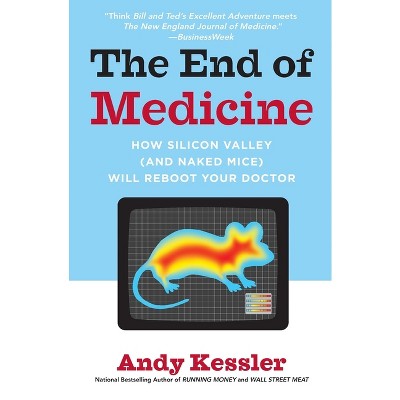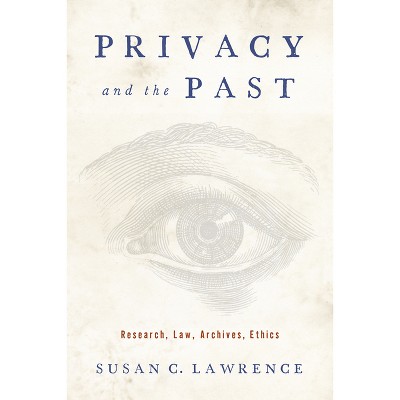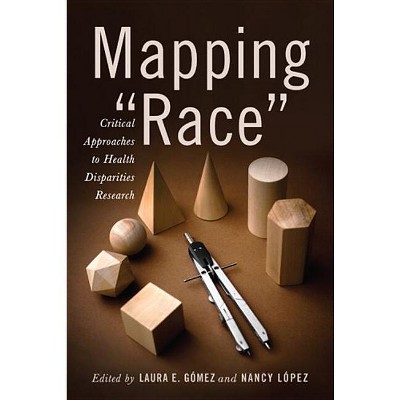Sponsored

The Business of Private Medical Practice - (Critical Issues in Health and Medicine) by James A Schafer (Paperback)
In Stock
Sponsored
About this item
Highlights
- Unevenly distributed resources and rising costs have become enduring problems in the American health care system.
- About the Author: JAMES A. SCHAFER JR. is an assistant professor in the history department at the University of Houston.
- 256 Pages
- Medical, Administration
- Series Name: Critical Issues in Health and Medicine
Description
About the Book
Health care is more expensive in the United States than in other wealthy nations, and access varies significantly across space and social classes. In this case study, James A. Schafer Jr. uses the city of Philadelphia in the early twentieth-century to show that these problems reflect the informal organization of health care in a free market system in which profit and demand, rather than social welfare and public health needs, direct the distribution and cost of crucial resources.
Book Synopsis
Unevenly distributed resources and rising costs have become enduring problems in the American health care system. Health care is more expensive in the United States than in other wealthy nations, and access varies significantly across space and social classes. James A. Schafer Jr. shows that these problems are not inevitable features of modern medicine, but instead reflect the informal organization of health care in a free market system in which profit and demand, rather than social welfare and public health needs, direct the distribution and cost of crucial resources.
The Business of Private Medical Practice is a case study of how market forces influenced the office locations and career paths of doctors in one early twentieth-century city, Philadelphia, the birthplace of American medicine. Without financial incentives to locate in poor neighborhoods, Philadelphia doctors instead clustered in central business districts and wealthy suburbs. In order to differentiate their services in a competitive marketplace, they also began to limit their practices to particular specialties, thereby further restricting access to primary care. Such trends worsened with ongoing urbanization.
Illustrated with numerous maps of the Philadelphia neighborhoods he studies, Schafer's work helps underscore the role of economic self-interest in shaping the geography of private medical practice and the growth of medical specialization in the United States.
Review Quotes
"James Schafer offers a compelling study of some of the roots of today's health-care woes. By examining how individual rank-and-file Philadelphia physicians practiced medicine in the early 20th century, Schafer reminds us that medicine was an economic activity, and sometimes a struggle to make ends meet. The choices those doctors made about where to practice in a changing urban geography and whether to specialize had important consequences for the shape of American health care. This rich social and economic history re-frames our understanding of a crucial period in American medicine."--Mary E. Fissell "department of the history of medicine, Johns Hopkins University" (7/24/2013 12:00:00 AM)
"Schafer's book beautifully explicates the geography of private medical practice in Philadelphia, telling us about the evolution of medicine in the fast-changing city and lending perspective on the conditions that shape the business of medicine in America today." --Christopher Crenner "Robert Hudson and Ralph Major Chair, History of Medicine, University of Kansas School of Medicine" (2/15/2013 12:00:00 AM)
"In The Business of Private Medical Practice James A. Schafer Jr. examines the organization of health care delivery in Philadelphia during the early twentieth century. Schafer astutely frames it and performs a service for health care scholars by underscoring the importance of markets and exhibiting the applicability of the urban historian's tools."-- "Journal of American History"
About the Author
JAMES A. SCHAFER JR. is an assistant professor in the history department at the University of Houston. His work examines the social, political, and economic history of American medicine and health care.






